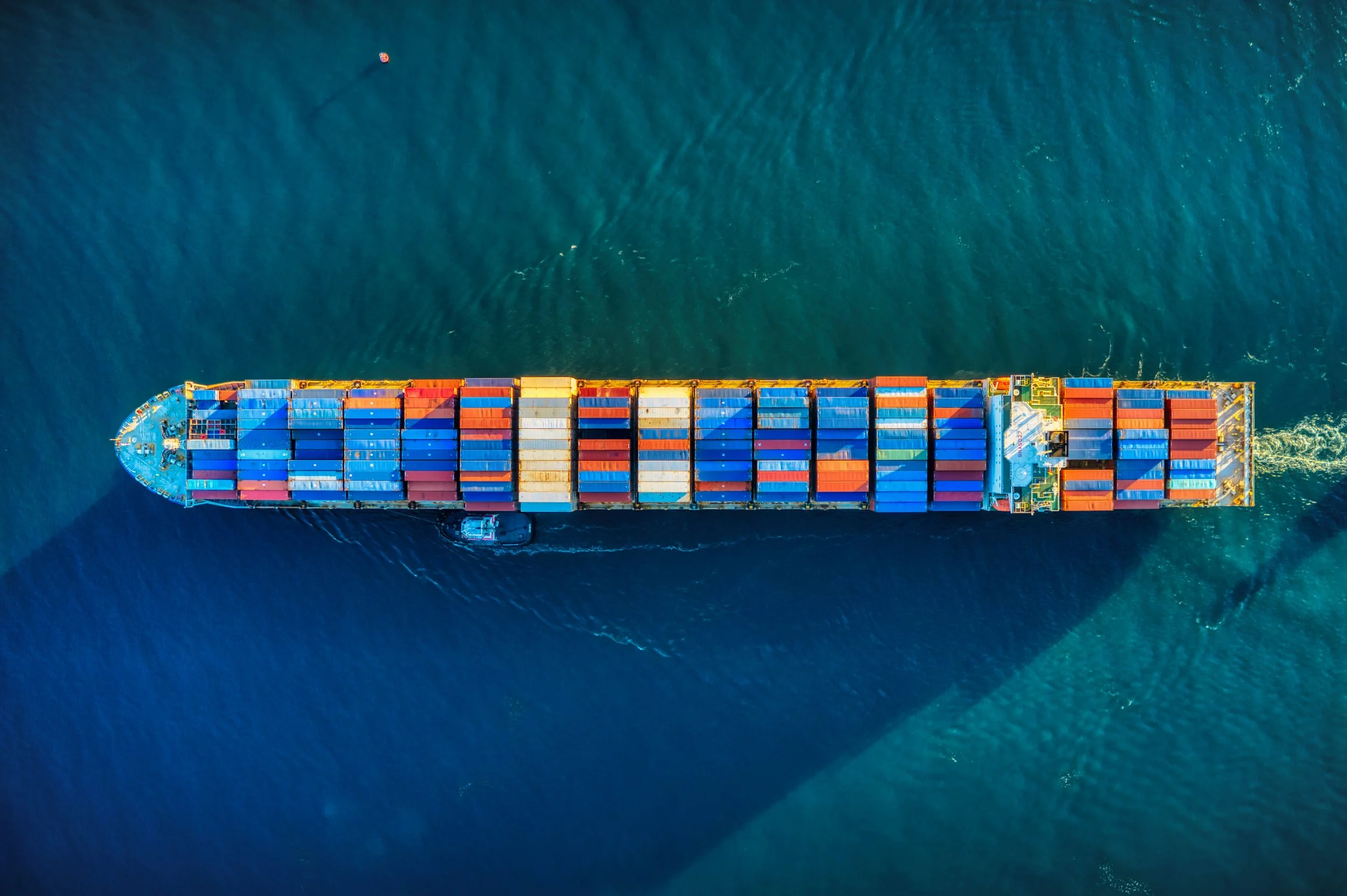The Landscape of Trade Tariffs on U.S. Goods: Navigating with a Compliance Attorney
The global economic stage is replete with intricacies, one of which is the imposition of trade tariffs on goods. When it comes to products originating from the United States, several countries have initiated tariffs, either as retaliatory measures, strategic economic moves, or for protectionist motives. Understanding this environment is crucial for U.S. exporters aiming to maintain competitiveness and profitability in international markets.
Over the years, countries, including key trade partners, have levied tariffs on U.S. goods due to various reasons, ranging from diplomatic tensions to concerns over market imbalances. For instance, in the backdrop of trade disputes, nations like China have imposed tariffs on a spectrum of American products, from agricultural produce to technology. The European Union, Canada, Mexico, and India, among others, have also implemented tariffs at different points in time, targeting sectors they deemed strategically significant or vulnerable.
These tariffs invariably raise the cost of U.S. products in foreign markets. When an American agricultural product, for example, is subjected to a significant tariff in a target country, it often becomes less competitive against local or other international goods not subjected to the same tariffs. This can lead to decreased market share, reduced revenue, and can even push businesses to reconsider their export strategies.
In such a dynamic and occasionally contentious trade environment, the role of a compliance attorney becomes indispensable. A compliance attorney, with their expert grasp of international trade laws and regulations, can provide businesses with a clear picture of the current tariff landscape. They can interpret complex trade agreements, predict potential tariff-related challenges, and strategize on optimal markets for export based on tariff implications.
Additionally, a compliance attorney can offer invaluable assistance in leveraging trade preference programs or navigating Free Trade Agreements (FTAs) that the U.S. has with specific countries. Such FTAs often provide avenues for reduced or eliminated tariffs, creating more favorable conditions for American exporters. An adept attorney ensures that businesses meet all criteria to capitalize on these agreements, thereby reducing tariff burdens.
In essence, while the global tariff landscape for U.S. goods remains fluid and challenging, businesses aren't left to navigate these waters alone. With the guidance of a seasoned compliance attorney, U.S. exporters can make informed decisions, harness opportunities, and adeptly steer their way through the maze of international tariffs. In doing so, they ensure their products remain competitive and their business visions attain global dimensions. If you’re ready to begin navigating tariffs with ease, click the button below.

